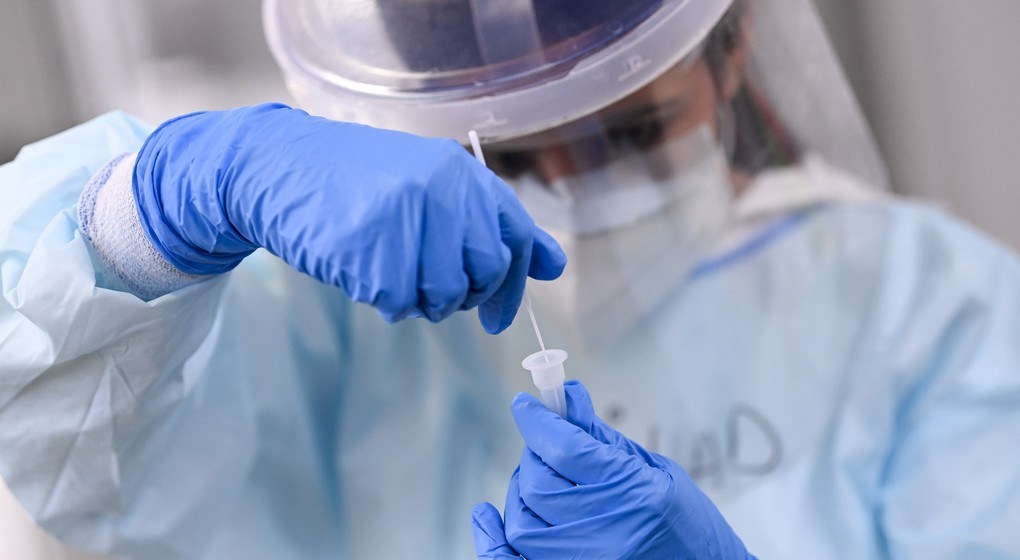The emergence of a new variant that seems to combine the Delta and Omicron strains is entirely expected, according to virologist Steven Van Gucht who stressed there is no reason to panic.
Last week, a Cypriot scientist discovered a new coronavirus variant, named "Deltacron," which reportedly combines the two strains, according to Bloomberg news agency. Although this has sent people (especially online) into a frenzy, it is no cause for concern, say health experts.
Van Gucht told The Brussels Times that this is "to be expected" and added that it would be more of a concern if new variants were not being picked up on. "This would mean that we are not looking closely enough at the virus and its development. These variants, called recombinants, have the characteristics of both strains and are common for coronaviruses."
Recombinants occur by chance when a person is infected by both variants that are contained in the exact same cell. This can lead genetic material to mix and recombine. When successful, the new variant will have a particle of Omicron and a particle of Delta.
Van Gucht added that this happens constantly but that such new variants are only detected every so often.
Outperformed by 'pure' Omicron
According to Leondios Kostrikis, who leads the team of scientists working at the University of Cyprus’ biotechnology and molecular virology lab, some 25 cases have so far been detected in Cyprus, 11 of them hospitalised Covid-19 patients.
"There were more mutations among patients in hospital which could mean there is a correlation between Deltacron and hospitalisations," Kostrikis stated. However, Van Gucht stressed that this is probably a "local phenomenon" due to a variant outbreak within the hospital. Kostrikis himself believes it likely that this variant will soon be dominated by the more infectious Omicron variant.
Related News
- Coronavirus cases up 84%, hospitalisations continue to rise
- Omicron dominating general population, but Delta more visible in hospital cases
Van Gucht stressed the importance of paying attention to Deltacron's peculiar strengths and why it might spread more rapidly than other dominant strains. "But for now, we don't have enough information about Deltacron to comment on this."
"In any case, we are still in the midst of the pandemic, so it is normal that new variants surface and follow each other at a fast pace."
Questionable findings
Other scientists have speculated that Kostrikis’s findings are a result of laboratory contamination – a claim that Kostrikis rejected in an email statement to Bloomberg in which he argued that identified cases “indicate an evolutionary pressure to an ancestral strain to acquire these mutations and not a result of a single recombination event.”
He added that the samples were processed in multiple sequencing procedures in more than one country and that at least one sequence from Israel deposited in a global database exhibits the genetic characteristics of Deltracron.
Belgian virologist Marc Van Ranst questions whether Deltacron is a laboratory anomaly or a recombinant. This should become clear in the following days but that for now there is little to worry about. "In any case, at the moment it is neither a 'variant of interest' nor a 'variant of concern'," he said.

